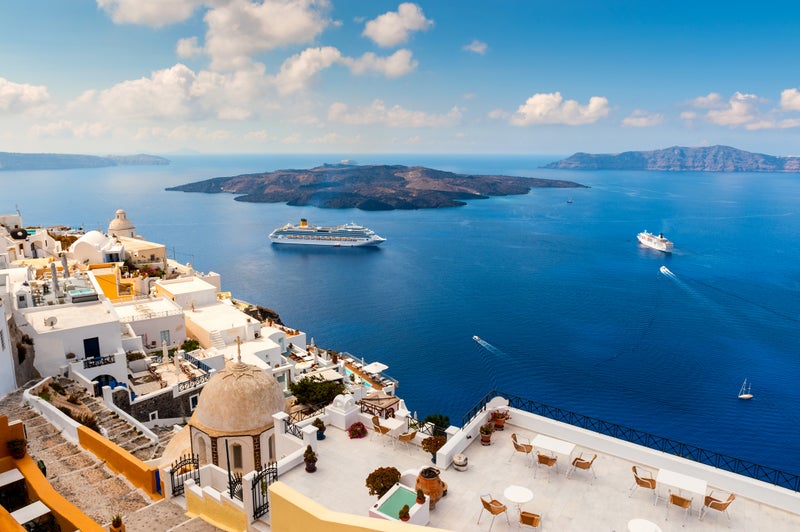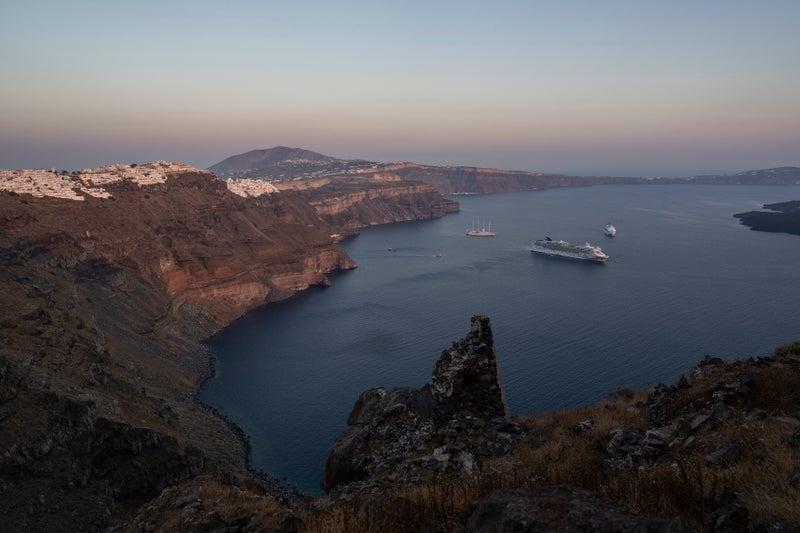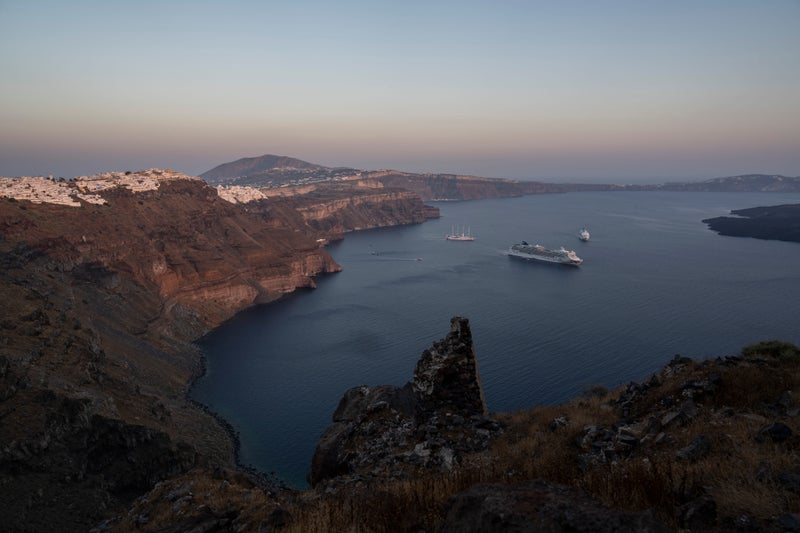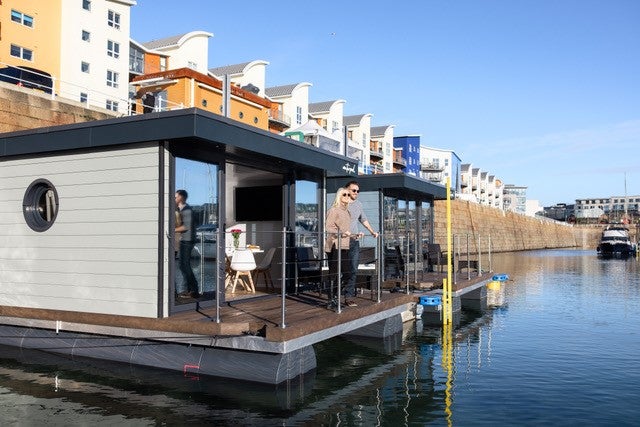Volcano activity warning issued for one of Greece’s most popular tourist island
Volcano activity warning issued for one of Greece’s most popular tourist island
Share:
The island was the site of one of largest volcanic eruptions in human history. One of Greece’s famed tourist islands is experiencing a surge in volcanic activity, leading to a warning from authorities. The Climate Crisis and Civil Protection Ministry had a meeting with local officials and disaster response teams on Wednesday following the detection of “mild seismic-volcanic activity” within Santorini’s caldera.
![[Ruins of a settlement, including a former Catholic monastery, lie on the rocky promontory of Skaros on the Greek island of Santorini]](https://static.independent.co.uk/2025/01/30/16/Greece_Santorini_Volcano_12609.jpg)
Monitoring sensors picked up the activity, echoing a similar event in 2011 which lasted 14 months without incident. Scientists observing the Hellenic Volcanic Arc, a geological formation spanning from southern Greece’s Peloponnese region through the Cycladic islands, have reported increased activity along a central fault line in the northern section of Santorini’s caldera.
While the current activity is described as mild, authorities are taking precautionary measures given the island’s popularity as a tourist destination. A map of Santorini:. “According to the scientists, based on the currently available data there is no cause for particular concern,” the announcment added.
The crescent-shaped island of Santorini is one of Greece’s most popular tourist destinations, drawing visitors from across the world for its whitewashed houses and blue-domed churches clinging to the cliff edge of the flooded caldera. It was also the site of one of largest volcanic eruptions in human history, which took place in the Bronze Age around 1620 BC, destroying a large part of the island and giving Santorini its current shape. The eruption is believed to have contributed to the decline of the ancient Minoan civilization which had flourished in the region.




















.jpeg)

